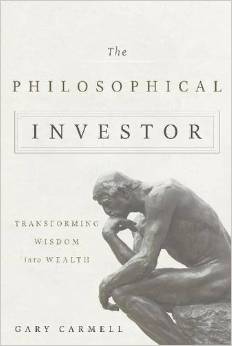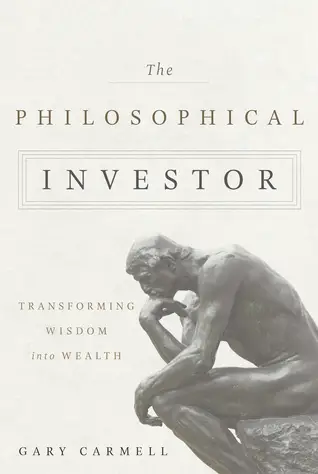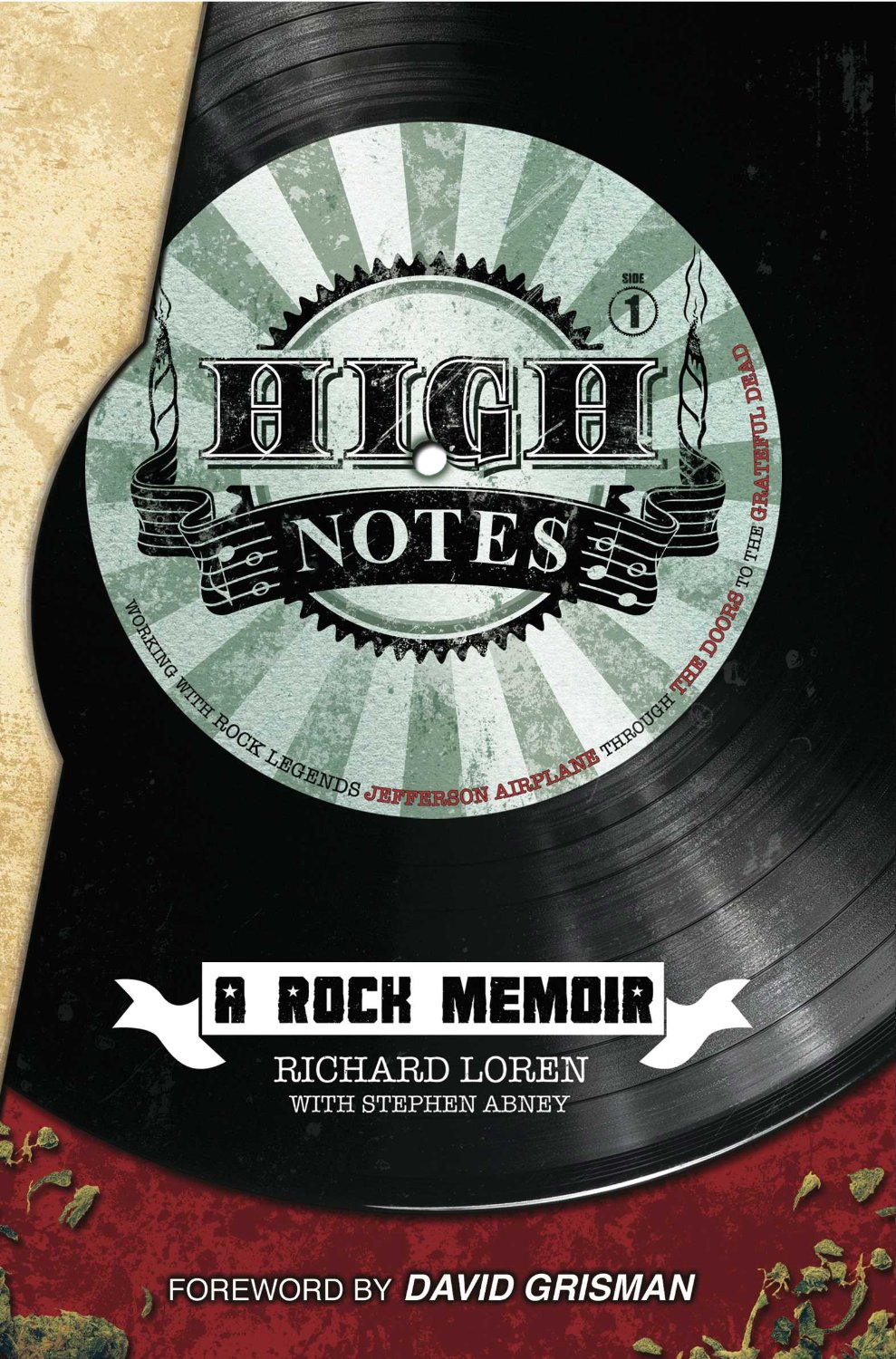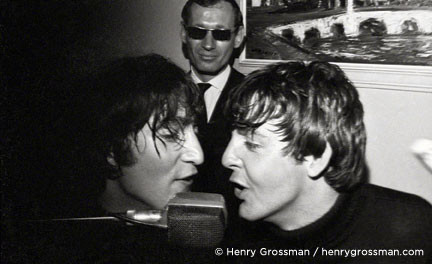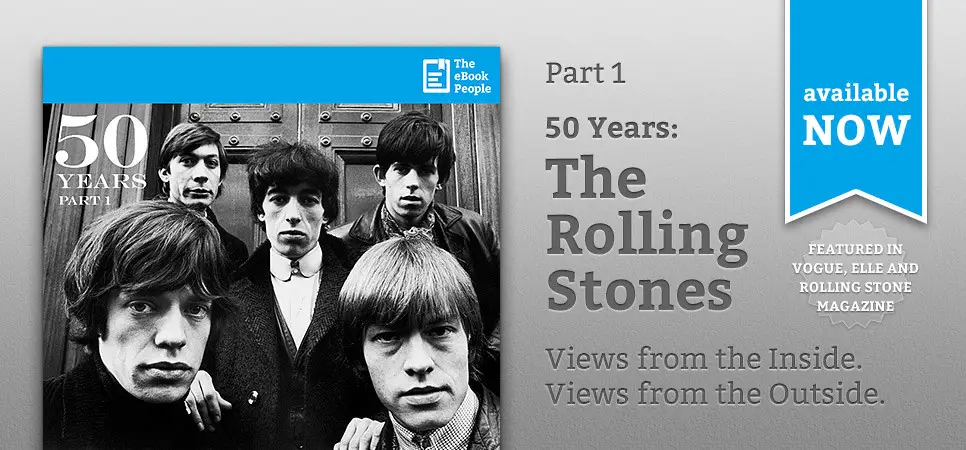Yes, I am a fan of the Grateful Dead. There was a period of time when they occupied an important part of my life when I was traveling to see many shows with friends and immersed in the Dead community. While I didn’t care much for some of the personal grooming habits, appearances, or recreational habits of some hard cored Deadheads, I did love their sense of adventure, warm personalities, and iconoclastic lifestyles. The music united us all regardless of our backgrounds or appearances. The Dead somehow aggregated a large number of society’s misfits into a tight knit community that allowed them to find a purpose in life. Ironically this anti-mainstream community came to grow to be so large that it ultimately became quite mainstream (much to the consternation of many) as the result of an incredibly successful and innovative business model.
Grateful Dead – The Fare Thee Well Tour
I headed up to Santa Clara on June 27 for the first of two shows the band performed there. My personal pictures are shared on my Facebook page. These shows were only added after the unbelievable demand for the original three Fare Thee Well shows set for Soldier Field in Chicago over July 4th made the band realize they had greatly underestimated how badly people wanted to see them for their 50th anniversary farewell shows. Deadheads were particularly miffed that the band would snub the Bay Area as part of saying goodbye. After all, that is where it all began for them and to go to Chicago, to the same venue where they played their last shows before Jerry Garcia died in 1995, and represented everything that was wrong with the band and the scene didn’t feel right. They were more popular than ever, not in good health, seemingly playing for the money, and huge numbers of people came to shows just to indulge, feel cool about themselves, and wreak havoc. By going back to Soldier Field the Dead hoped to rewrite history somewhat and return to there older, wiser, more healthy, and committed to excellence. Yet, as Thomas Wolfe famously wrote, you can never go home again. Actually the Dead should have gone home again. Despite some years of absence in terms of the original surviving members reuniting to play together, the Dead ecosystem and enterprise was still alive and well and quite massive and the Dead tried to act as if it were the good old days of mail order tickets and a smaller, but very loyal fan base.
Great leaders and businesses know when they make mistakes and have enough brand equity and a loyal customer base to overcome occasional big blunders provided they act boldly to correct them and communicate openly. Think of Coke with the disastrous replacement of such an iconic product with New Coke and Netflix opting to split the company into two with the adoption of Qwikster for its streaming service. The same can be said of the Dead. After realizing they blew it, they released a long letter to their fans. You can find some key excerpts on my blog: https://www.garycarmell.com/
The Dead was one of the first and most successful open source business models. They never felt their albums captured their true sound and musical depth. This could only come through their live performances. And yet, because they were very experimental and bold risk takers, any particular show could fall flat or even spontaneously combust. Thus, it was important to see many shows because magic would inevitably transpire and they wanted all of their fans to know what that was like and have a hunger for more once it had been experienced. A true natural high for anyone that has experienced it. As it’s been said, there is nothing like a Grateful Dead show.
Early on the band began taping every show to allow them to go back and listen intently to see where they were successful and where they fell short. This constant self-analysis helped instill a culture of continuous improvement and always striving for excellence, even if it led to very frank and open dialog when band members thought others didn’t do their best. This approach is a hallmark of all great organizations. No resting on one’s laurels and dealing with breakdowns at the source when they occur and doing so openly and honestly.
How do you think that history will remember the Grateful Dead? The open source business model that was ahead of their time who brilliantly marketed their product to a rabid niche market? Or just a rock and roll band that was a fusion of bluegrass mixed with jazz-style improvisation to create their uniquely psychedelic sound? Whichever it is, they have carved out a unique place in history.
Gary Carmell is the President of CWS Capital Partners, a real estate investment management firm based in California and Texas, and founded in 1969. He specializes in the acquisition, development, and management of apartment communities throughout the United States, where his company owns and operates more than twenty thousand units with a value of over $3 billion.
A Chartered Financial Analyst, Mr. Carmell received his B.A. from the University of California Los Angeles in political science and an M.B.A. from the University of Southern California. He is the father to two adult children, and he lives in Southern California with his wife.
Carmell can be reached through his website www.garycarmell.com, and through LinkedIn and Twitter. The Philosophical Investor is available for purchase on Amazon and other fine booksellers.





